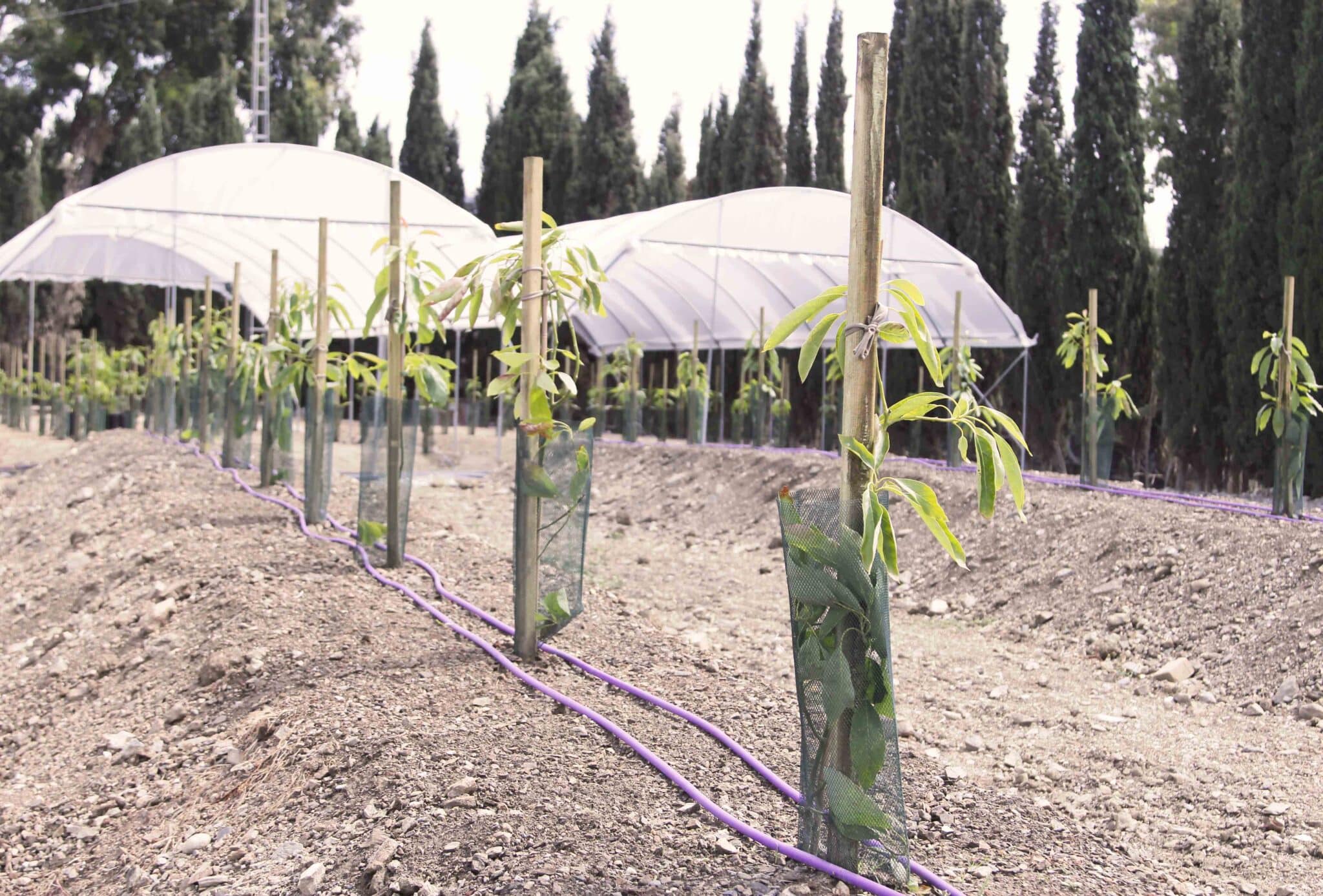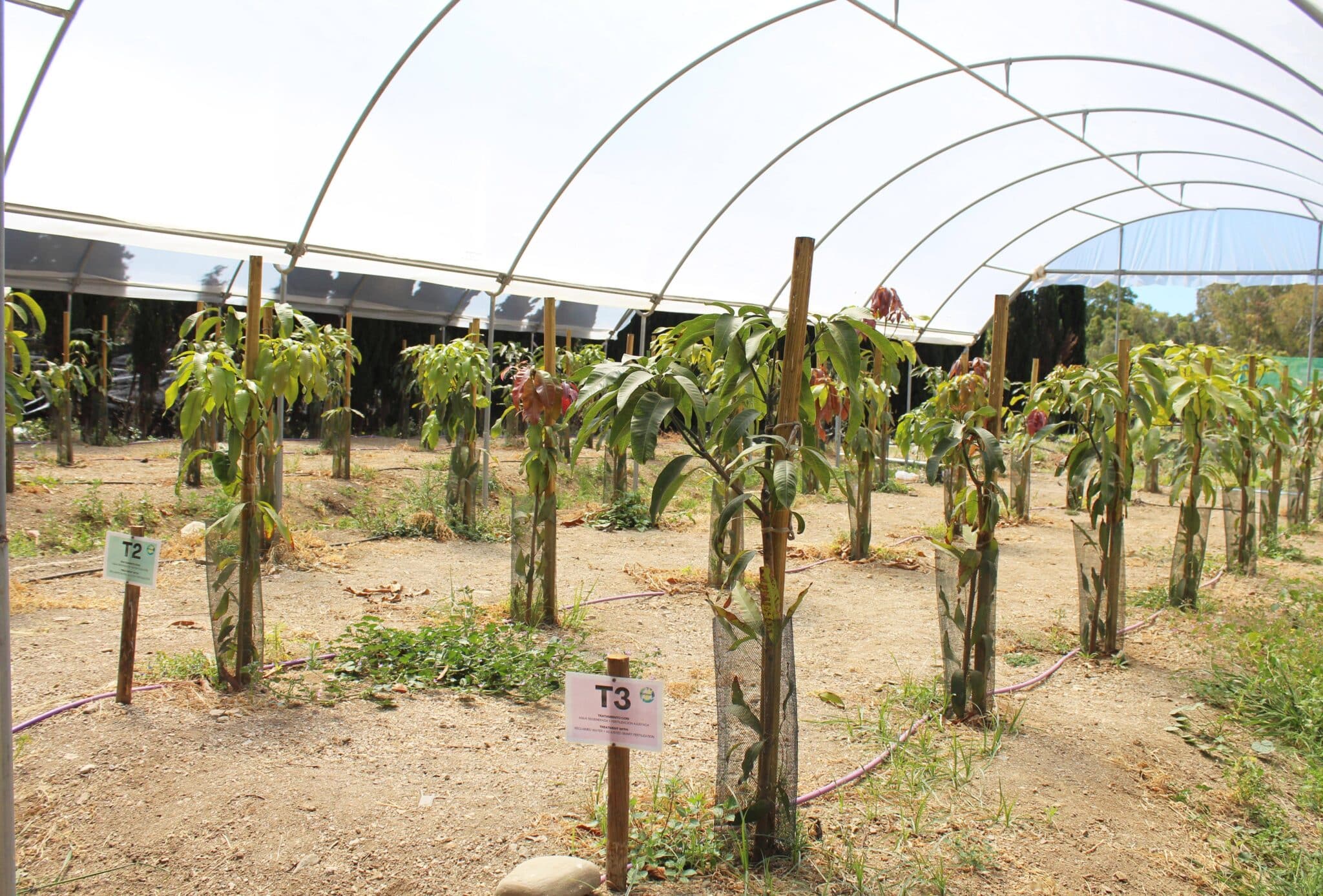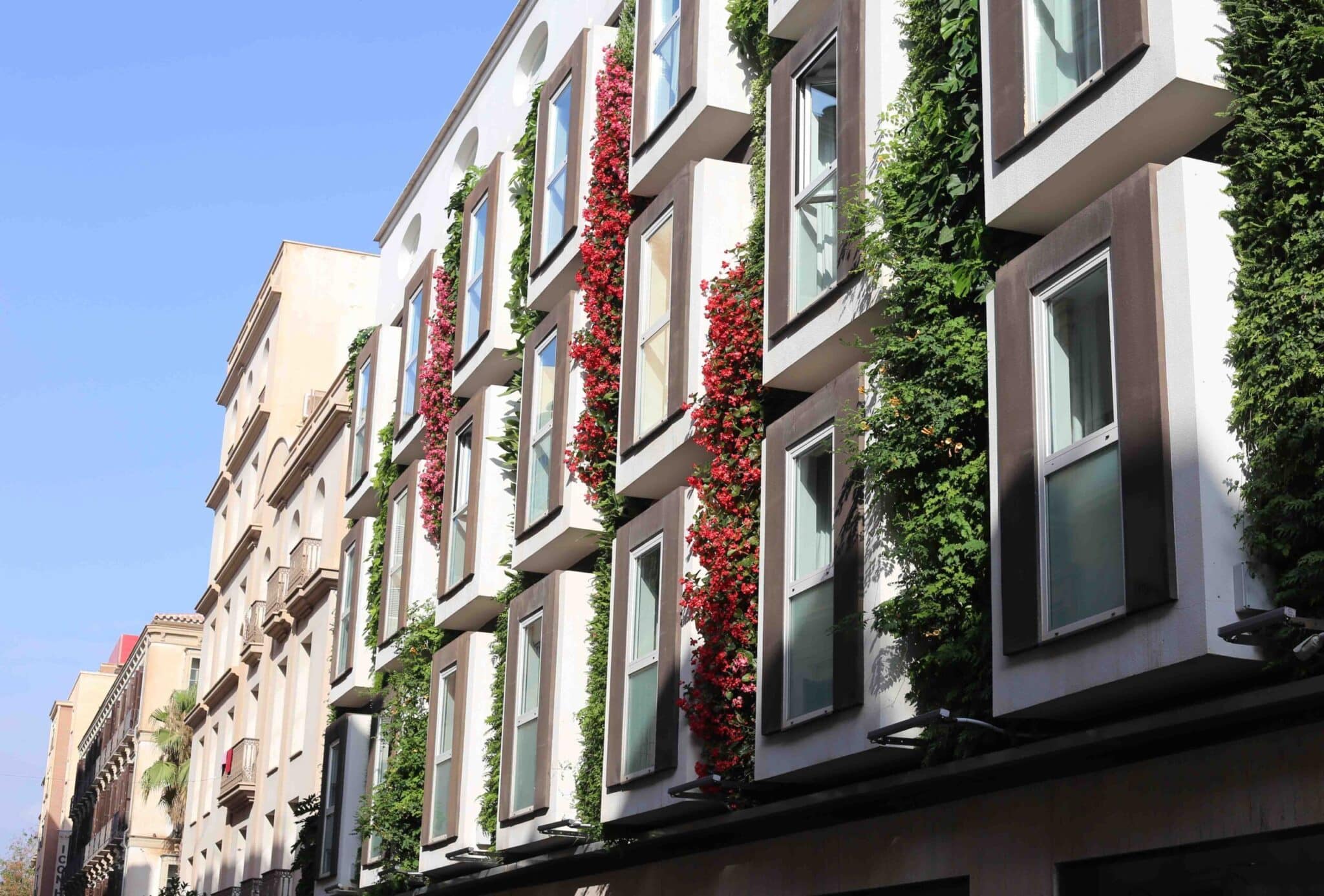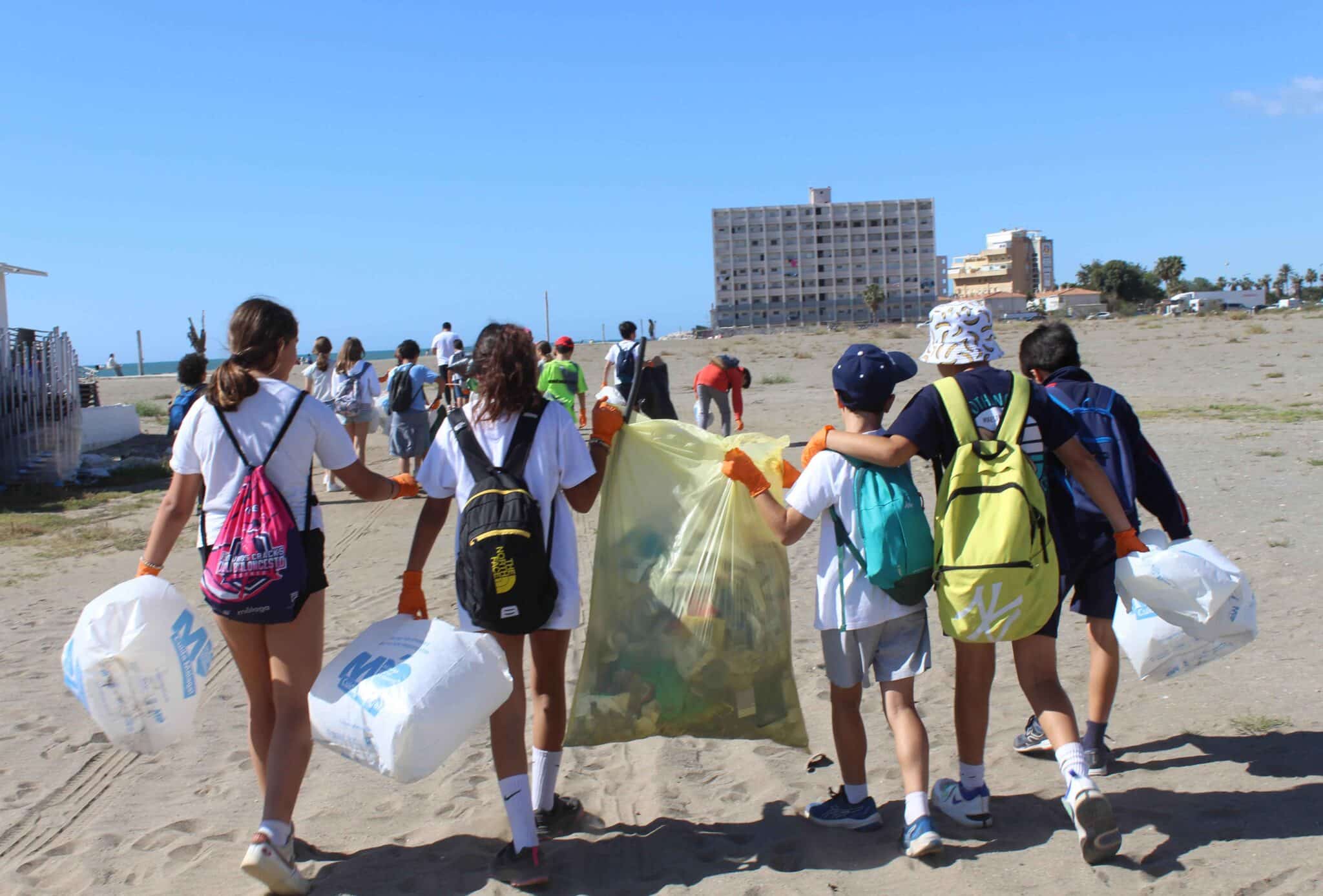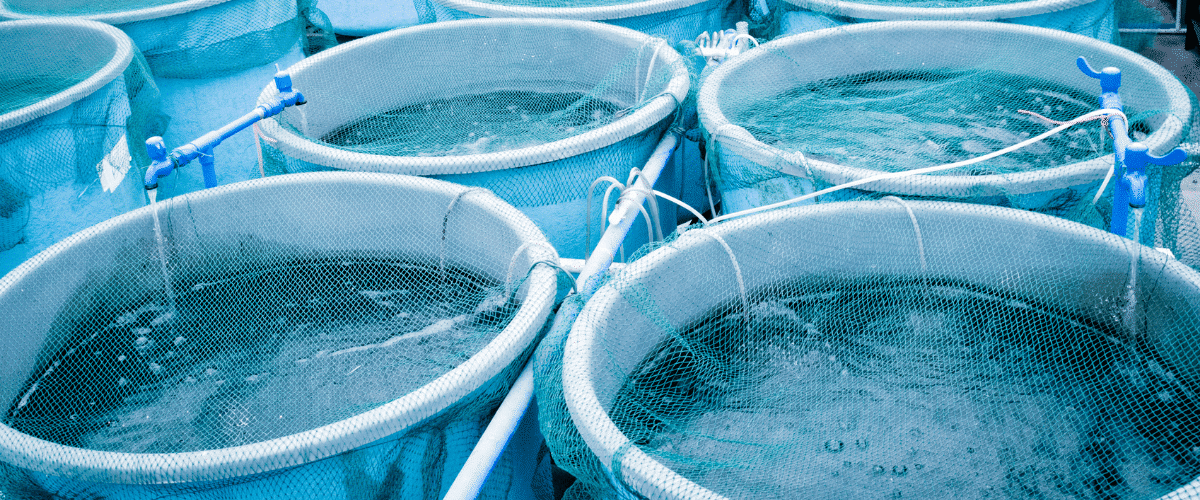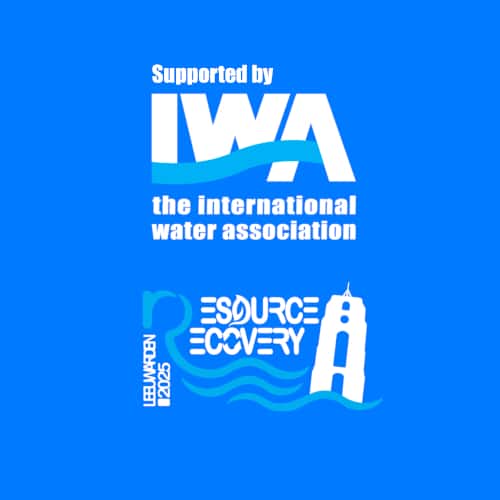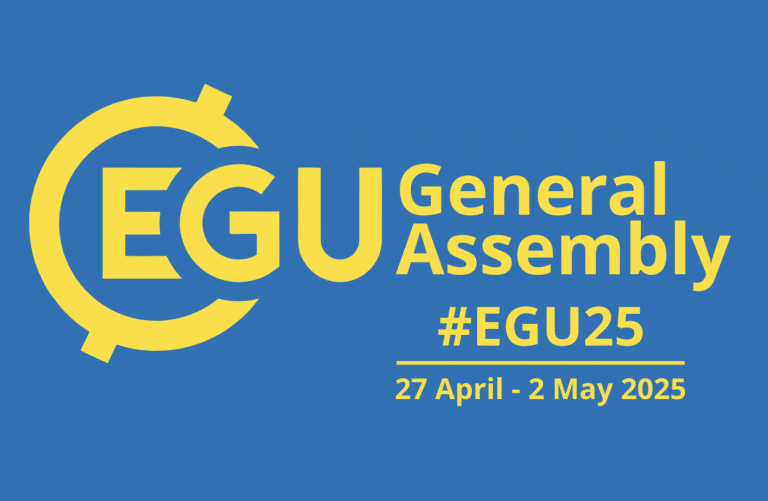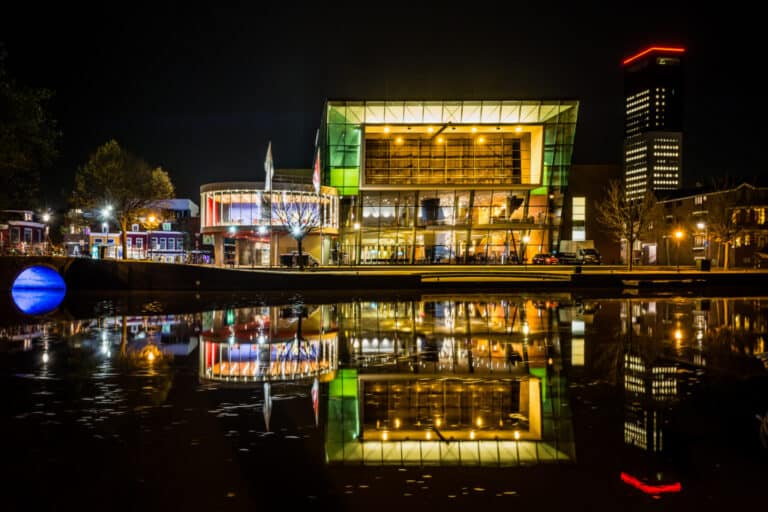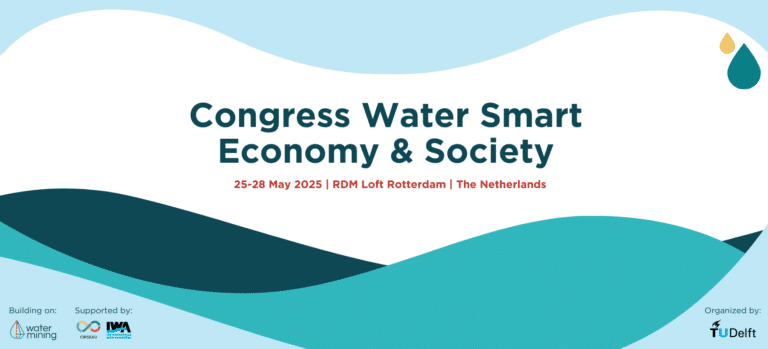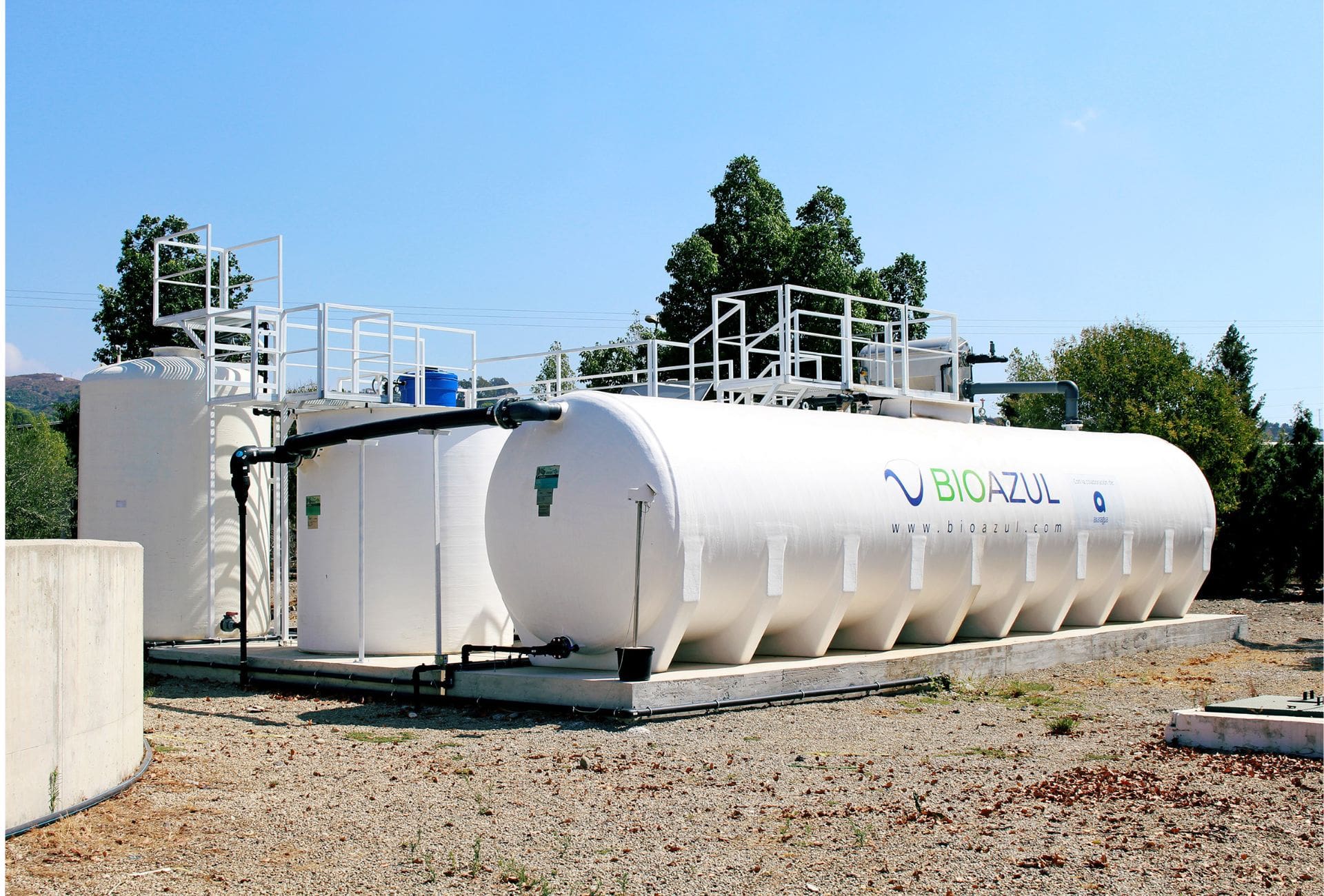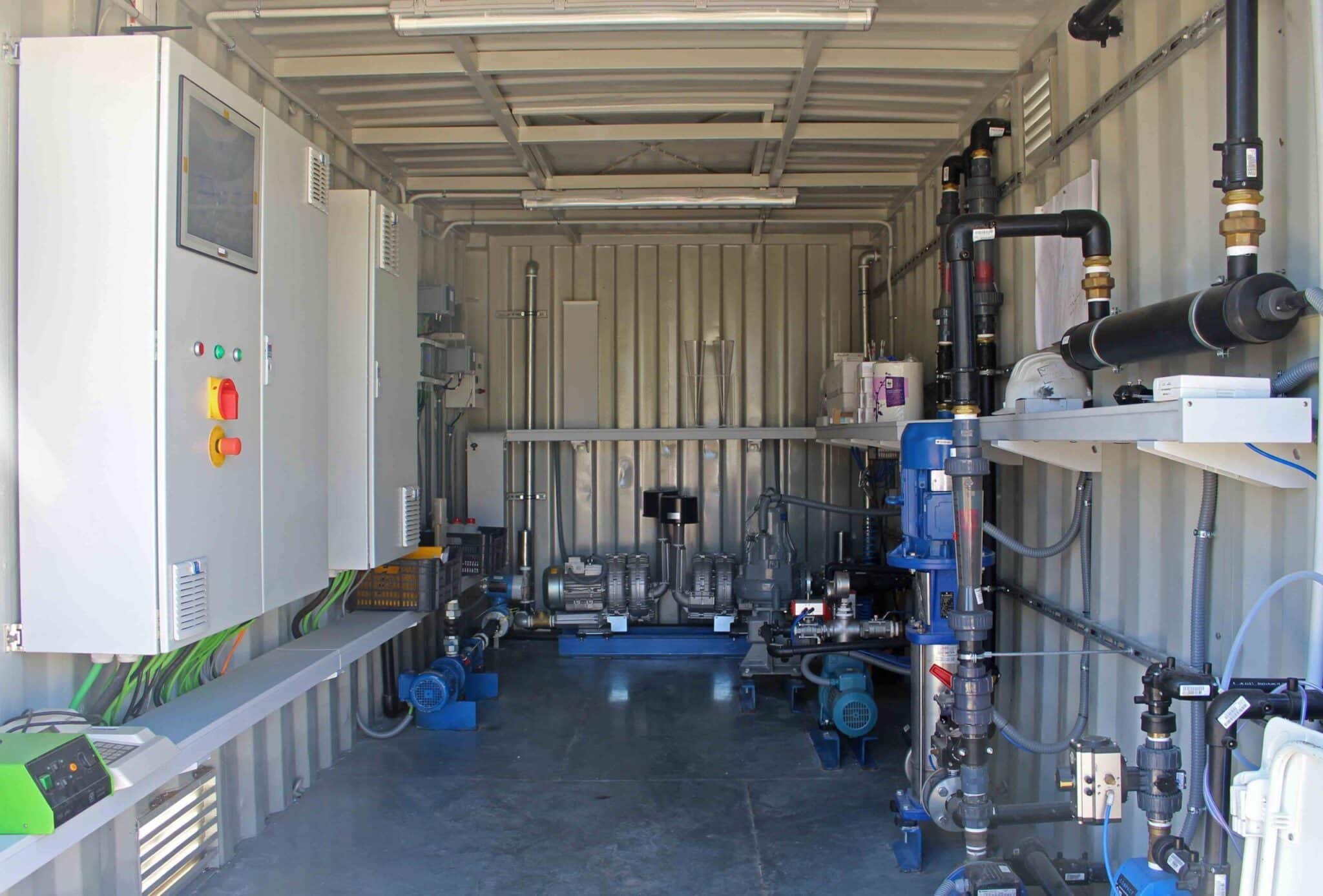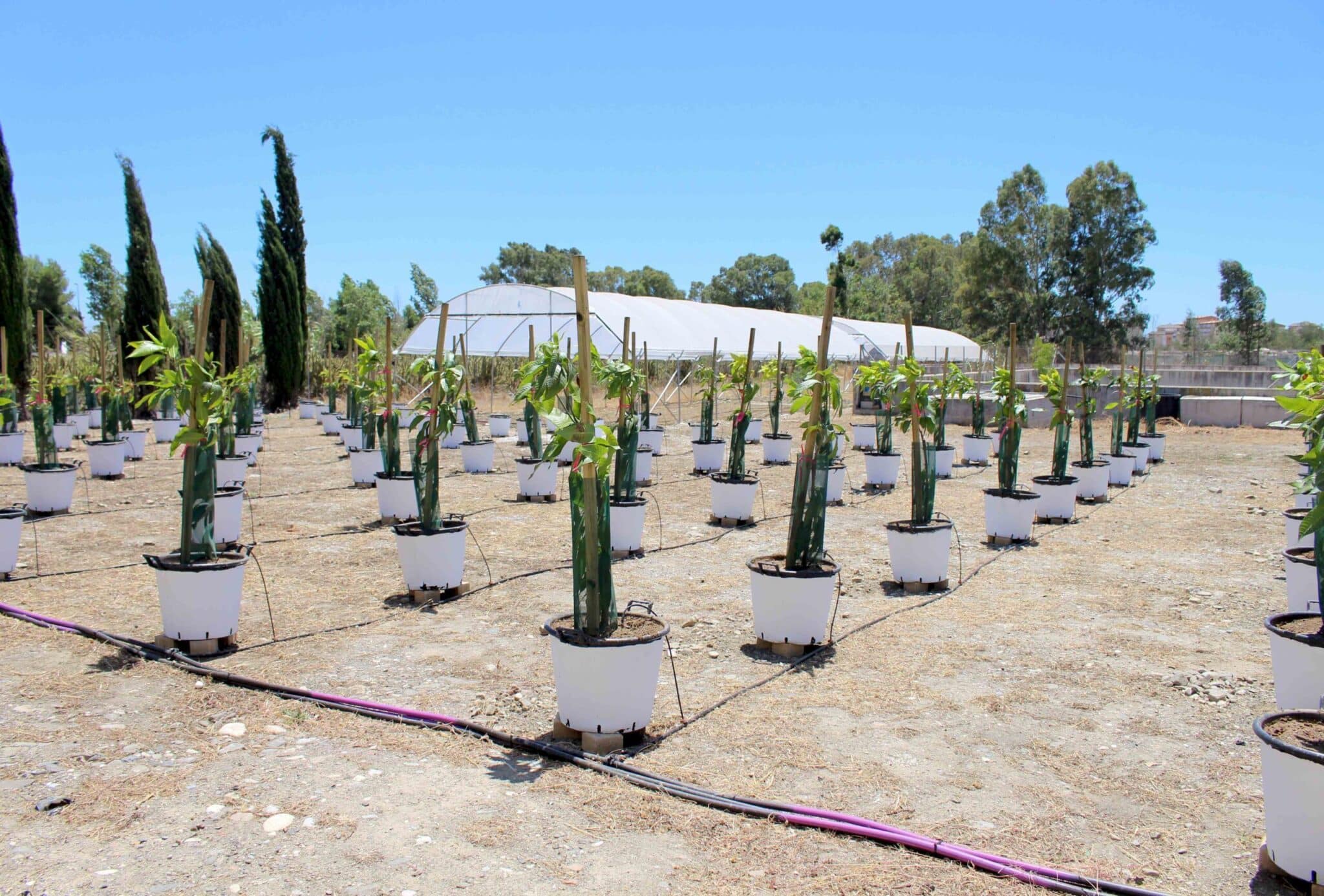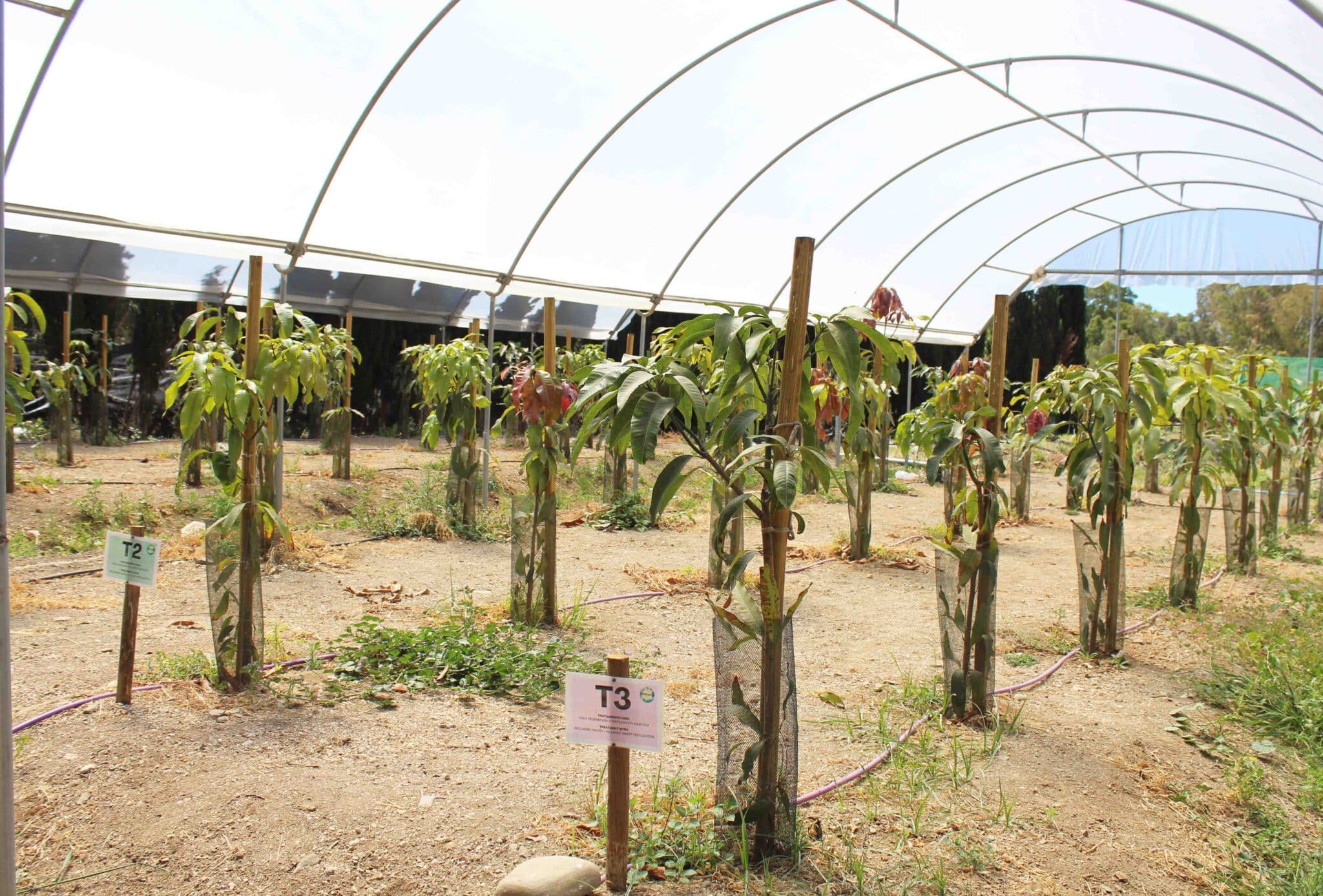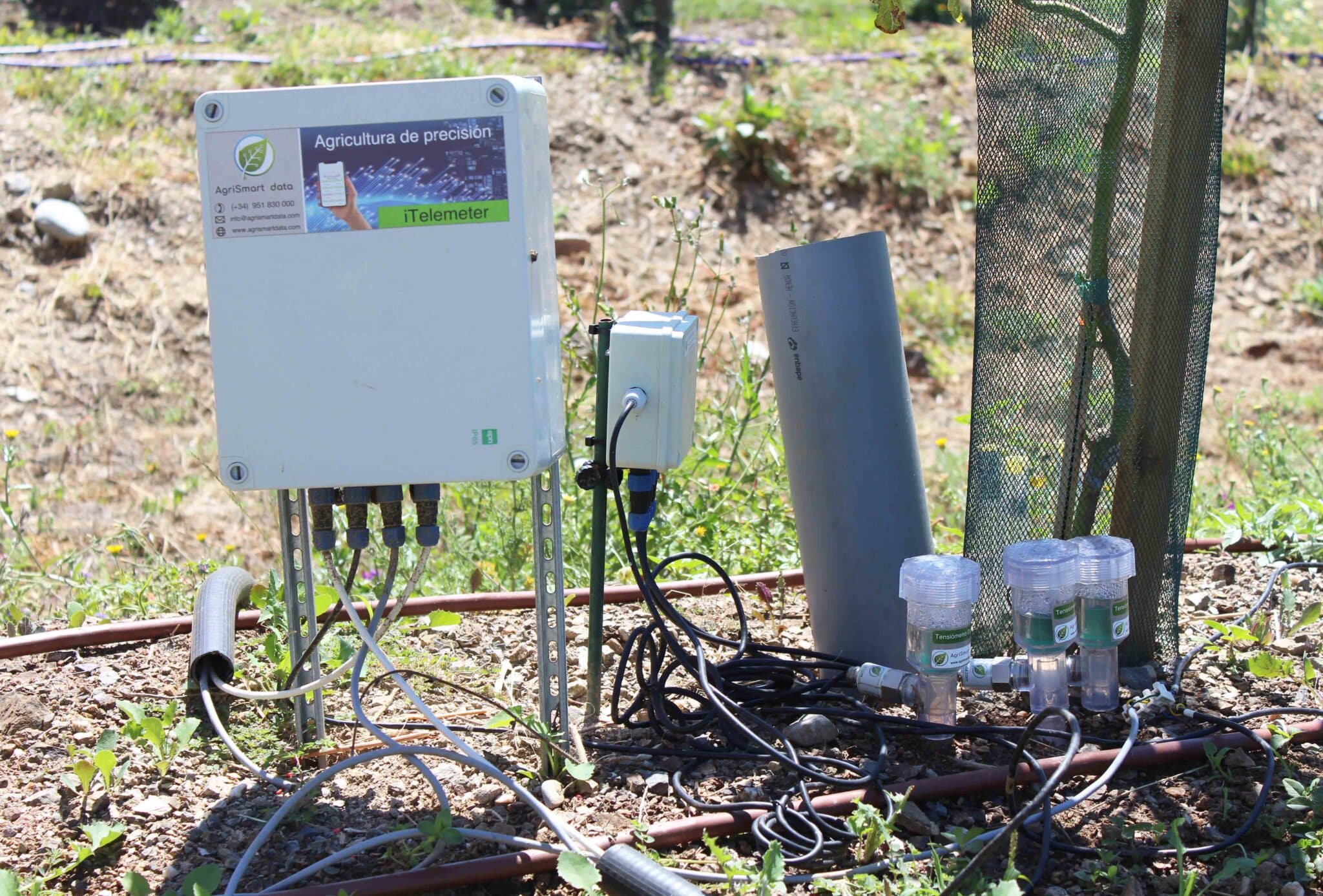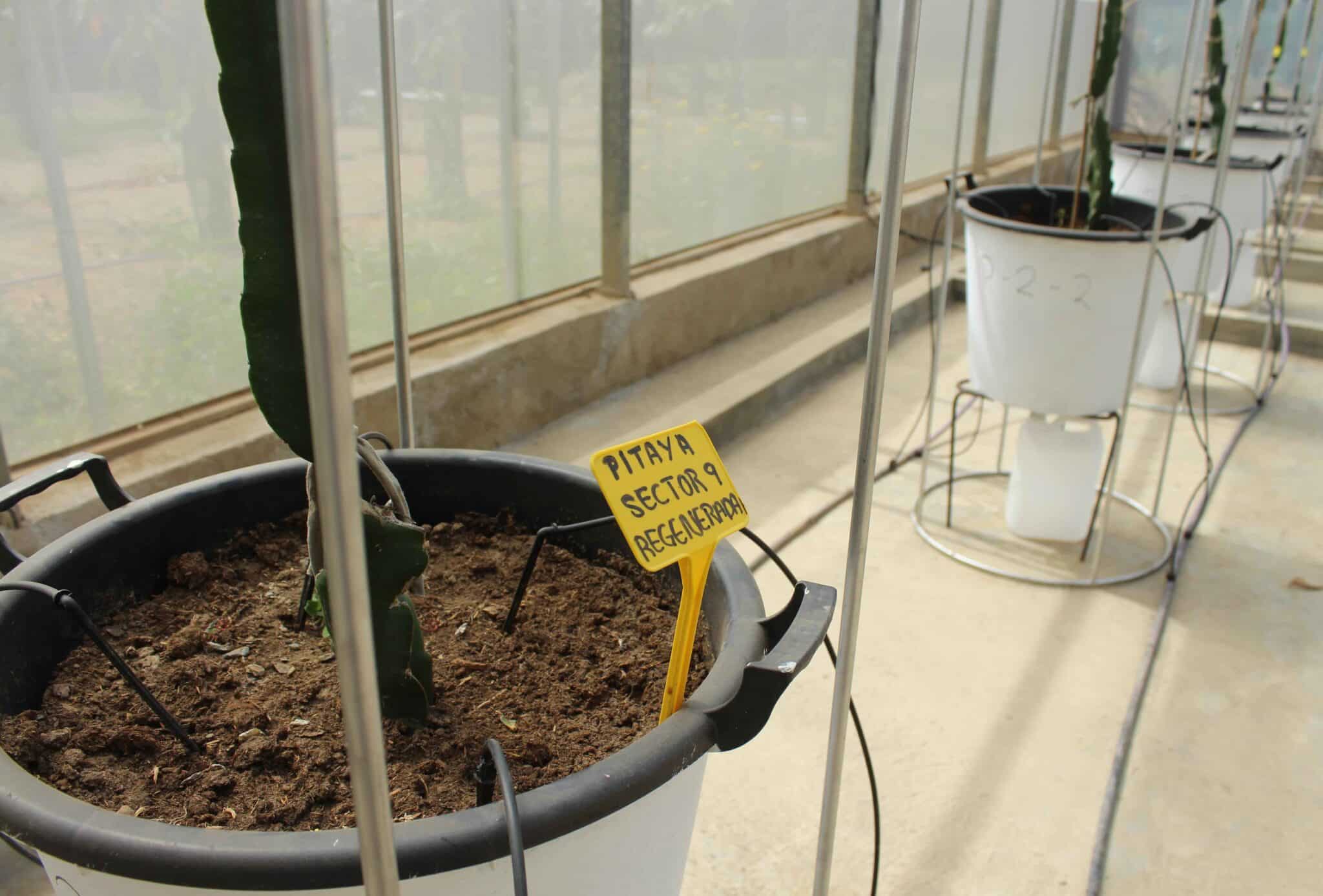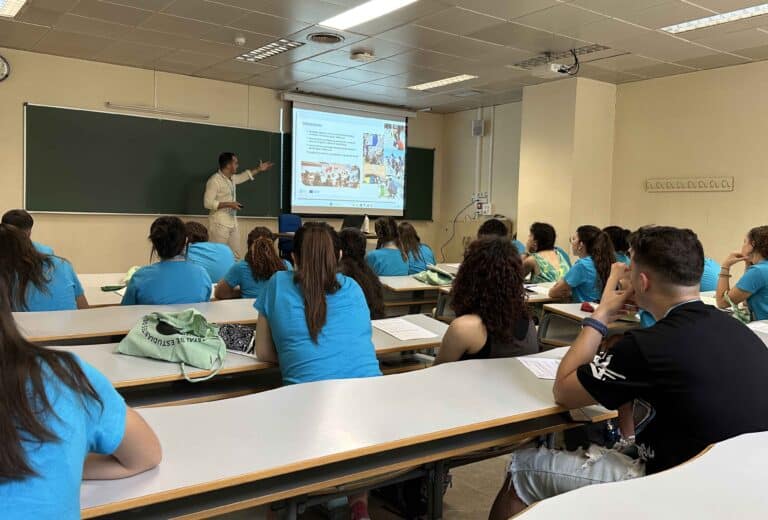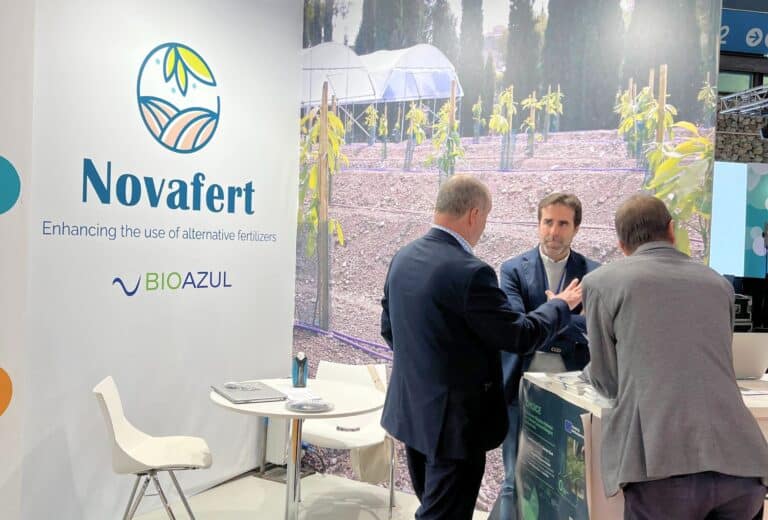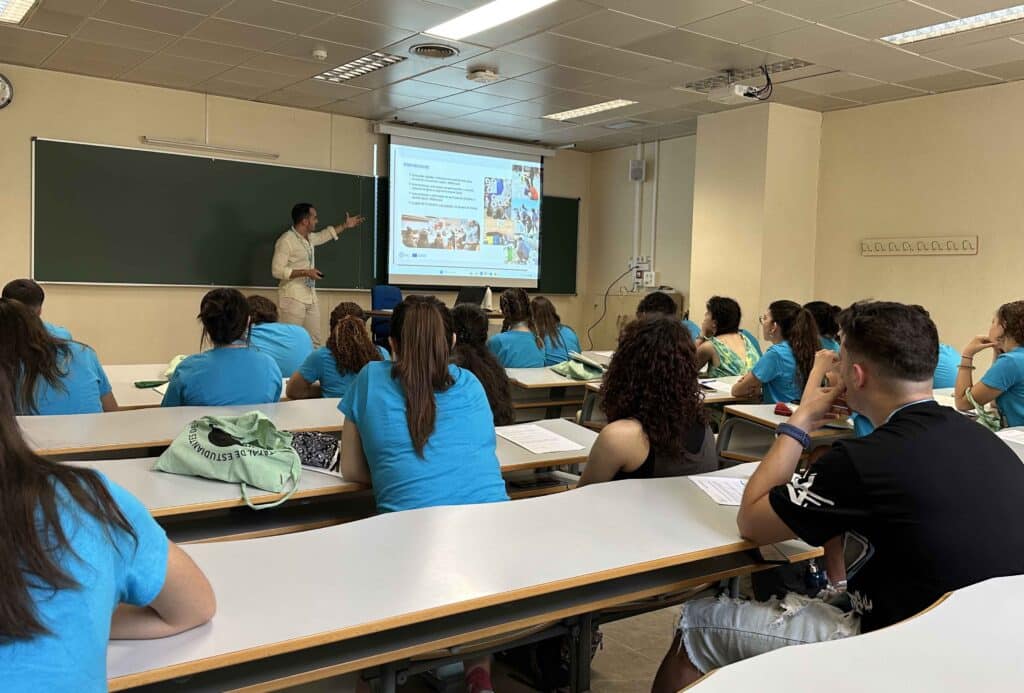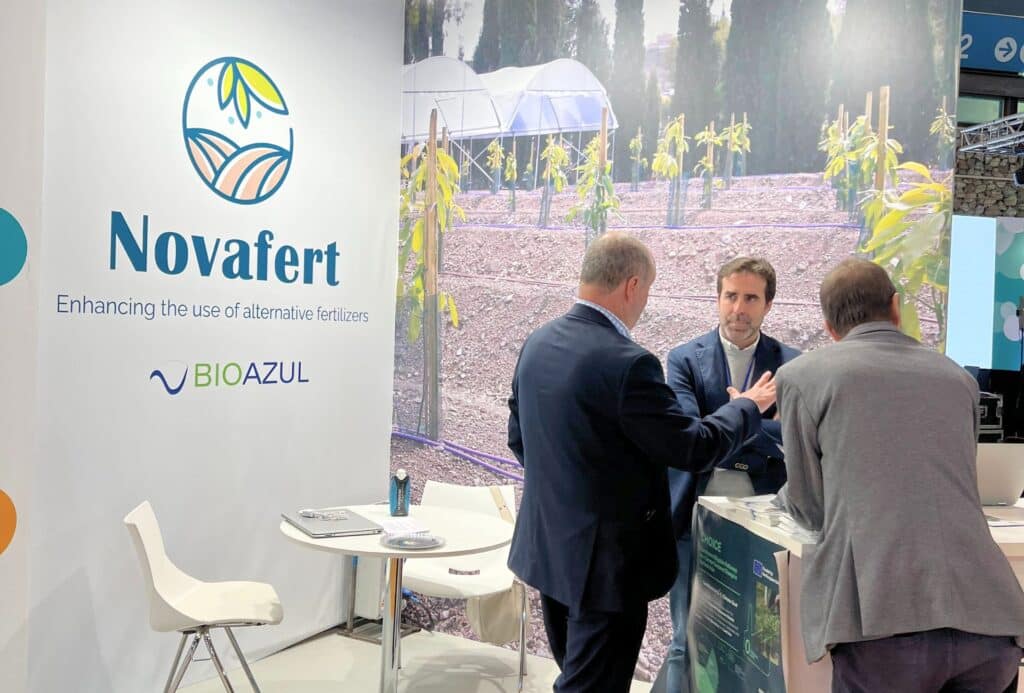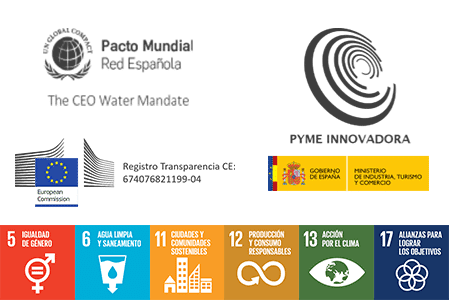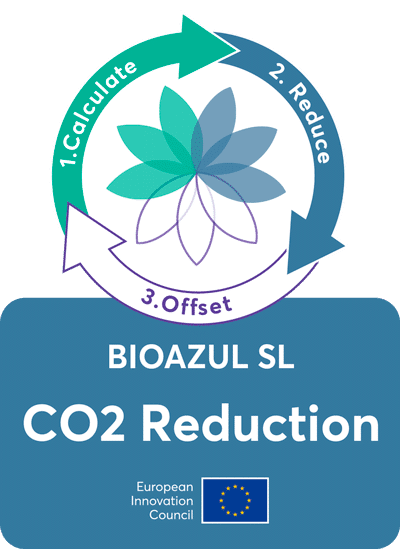Climate change places enormous pressure on available water resources. We are facing a cycle of prolonged drought with very low rainfall aggravated by a sustained increase in temperatures that also has a significant effect on water availability.
The use of reclaimed water is being a very effective measure of adaptation to climate change. In coastal areas, the use of regenerated water implies the use of a resource that would otherwise be discharged into the sea. It also costs less than other solutions such as transfers or desalination and is an ideal resource for agriculture since reclaimed water contains nutrients that are directly assimilated by plants.
For years at BIOAZUL we have been working in the Axarquía region with different projects on the use of reclaimed water in agriculture. We started in 2015 with the Richwater project where the objective was to validate a technology based on a membrane bioreactor to obtain an effluent of sufficient quality to be used in agricultural irrigation, optimizing the amount of nutrients so that they were the most beneficial for farmers.
One of the milestones of this project was obtaining the Environmental Technology Verification, by which we certify that our MBR technology already complied with the requirements of the European regulation that came into force this year. 2023.
The experimental plot that is located next to the treatment plant of the Algarrobo municipality in Malaga also served us to carry out agronomic analyzes in collaboration with the IHSM La Mayora Institute. In these studies, the fruit quality and productivity of tomatoes irrigated with regenerated water were compared and they concluded that there were no appreciable differences.
The RICHWATER project was a milestone in research and innovation with reclaimed water and attracted the interest of numerous actors in the region, who since then have played a very relevant role in the continuity of the project. The collaboration with the Algarrobo City Council, the Association of Municipalities of Axarquía Costa del Sol, the Community of Irrigators of Algarrobo, TROPs, AXARAGUA and the Spanish Association of Tropical Crops, among others, has been essential to continue betting on the sustainability of the agricultural sector in La Axarquía.
Thanks to the collaboration of all the agents, the experimental plot has become what we know as a Living Lab, recognized by the European Water Platform, which includes RICHWATER in its atlas of Living Labs in the water sector. RICHWATER has transformed into an open experimentation center to validate various solutions on a scale more real than that of a laboratory. Since then, it has been the nucleus of various initiatives and, currently, BIOAZUL coordinates three innovation projects underway in the Living Lab.
In the BONEX project we are carrying out studies on the nutritional content of reclaimed water in order to develop a decision tool that helps farmers calculate the optimal amount of fertilizers with the use of reclaimed water. This is important because while it is true that the nutrient content in regenerated water is an advantage, it is also true that it can become a risk for the environment if it is not managed properly.
In the P2GREEN project, the agronomic studies that were carried out in RICHWATER with tomatoes have been expanded to do so in subtropical crops that are of greatest interest in the Axarquía region. In addition, we are completing the nutrient management tool with NPK sensors in soil to provide a more automated solution.
We also work in an operational group called Axarquía Sostenible where we expand the studies to other crops such as pitaya and passion fruit and in which it is the decision tool it will also be complemented with data from foliar studies and sap analysis.
